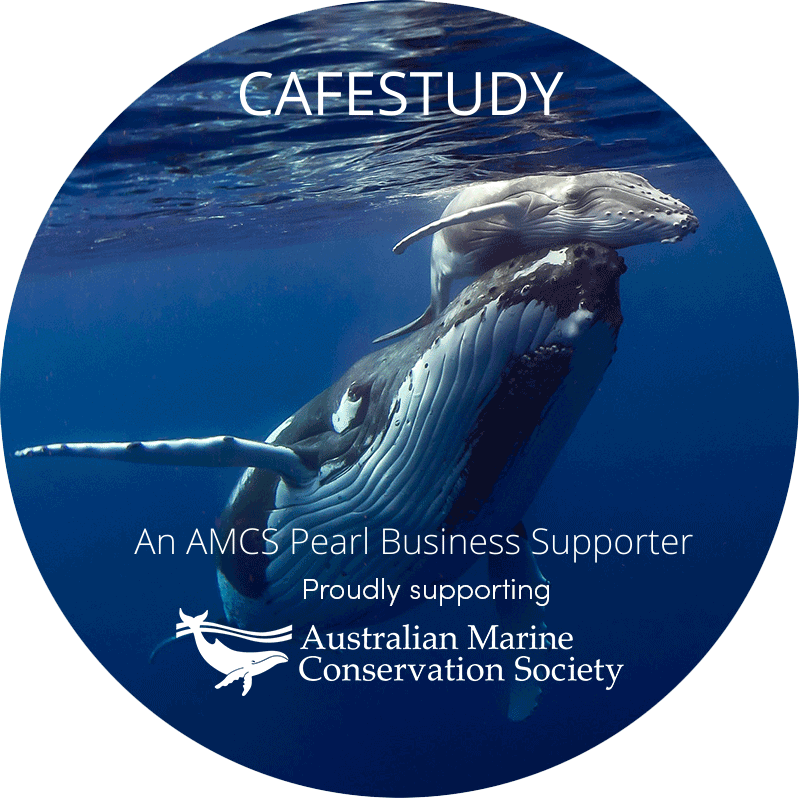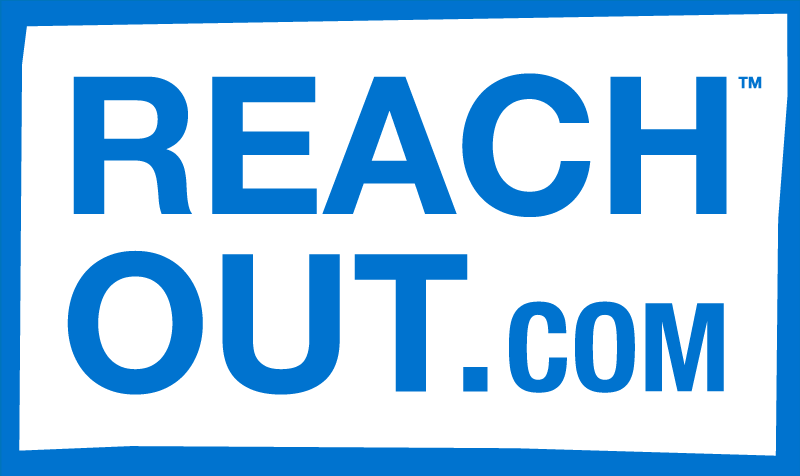Neurodivergence & social media
Posted by: OH23
25th Mar 2024 05:45pm
Social media has brought a lot of attention to neurodivergence, particularly the ASD and ADHD populations.
Could this be potentially damaging to diagnostic validity and credibility, or, is it in fact paving the way to inclusivity and neuroaffirming culture?
Could this be potentially damaging to diagnostic validity and credibility, or, is it in fact paving the way to inclusivity and neuroaffirming culture?
You must be a member to reply to this chat topic. Click here to sign in.
Help Caféstudy members by responding to their questions, or ask your own in Café Chat, and you will get the chance of earning extra rewards. Caféstudy will match these and donate equally to our two chosen Australian charities.

Australian Marine Conservation Society are an independent charity, staffed by a committed group of scientists, educators and passionate advocates who have defended Australia’s oceans for over 50 years.
ReachOut is the most accessed online mental health service for young people and their parents in Australia. Their trusted self-help information, peer-support program and referral tools save lives by helping young people be well and stay well. The information they offer parents makes it easier for them to help their teenagers, too.


Comments 2
TinkerBot
If I hadn't seen autistic people talking about their autism online, I would never have realised that I'm autistic. I would be missing a large chunk of understanding about myself, how I need to navigate the world, why certain things (bright lights, loud noises) are unbearable, have no idea that the anger and panic I experience seemingly out of nowhere are actually meltdowns caused by overwhelm. I would still be trying to bail out a sinking ship with a teaspoon, while everyone else is using a bucket.
I think certain forms of social media (especially those that prioritise shortform content, like Twitter and TikTok) can sometimes give misleading advice and information. But that's hardly just a problem with talking about autism and ADHD. I've found a lot of value in being able to connect with my neurodivergent peers on social platforms.
As on example, the YouTube channel "How To ADHD" is a fantastic resource for ADHD people, their families, their friends, and people who just want to learn more about the condition. The #actuallyautistic tags on most platforms, while occasionally misused by non-autistic people, are full of personal experiences, anecdotes, coping strategies, tools, and equipment that come from lived experience. I first learned about the calming effects of weighted blankets through the #actuallyautistic tag, years before they were commercially available in places like Big W.
I don't think it has any effect on diagnostic validity/credibility. Remember, the criteria for diagnosis focus almost exclusively on the things *other people* see. Not what the person is experiencing. I'd say it impacts the attitudes of physicians more, and not in a good way ("everyone is after a diagnosis now!" - yeah, *because they've realised it's something that impacts them and want answers*). Unfortunately many doctors have extremely outdated notions of autism and ADHD and it can be a real challenge to get referred to a specialist, even if you tick a whole bunch of the lesser-known boxes. The amount of people I know who have been told "you can't be autistic, you make eye contact" is... frankly worrying.
Nik3260
IF I SEE ONE MORE GODDAMN WHITE BOY ON TV! Sorry, that was a bit of an overreaction. The portrayal of people with ADHD and ASD in the media is OVERSATURATED with white, cis/het boys who fit into the "goofy a-sexual savant with inexplicable personal wealth" and fail to show both the diversity and the actual challenges that are in our community. I am an AFAB Gender fluid individual with ASD and ADHD and I could not be more unlike the stereotype normally portrayed in the media. Most of my friends are borderline (Or living in) poverty due to the difficulty in acquiring and maintaining a job that comes with our conditions. And to even GET A DIAGNOSIS OR ACCESS TO NDIS is ludicrously expensive and complicated to the point that many of us are unable to afford to gain financial aid or are too disabled to get support for our disabilities. Social media is a very important tool for us to reach out to each other and share strategies and advice. There are also lots of parents and family members who gain support and information from social media groups and presentations. But the BS and abuse we receive from hate groups such as autism speaks and from pseudo-science spreading morons can start to overshadow that. Fake theories about diets and vaccines cause a lot of problems for us and have helped spread the idea that ASD and ADHD are inherently terrible things and should be hated and "cured" WHICH IS HATE SPEECH SO SCREW THEM! It also exposes us to online abuse and harassment which many of us log on to avoid. So no. I don't think social media is any more or less impactful on the perception of neurodiverse people than any other marginalised group. It is the same mixed bag of connection, information, false information, abuse and opportunity that is for anyone else.